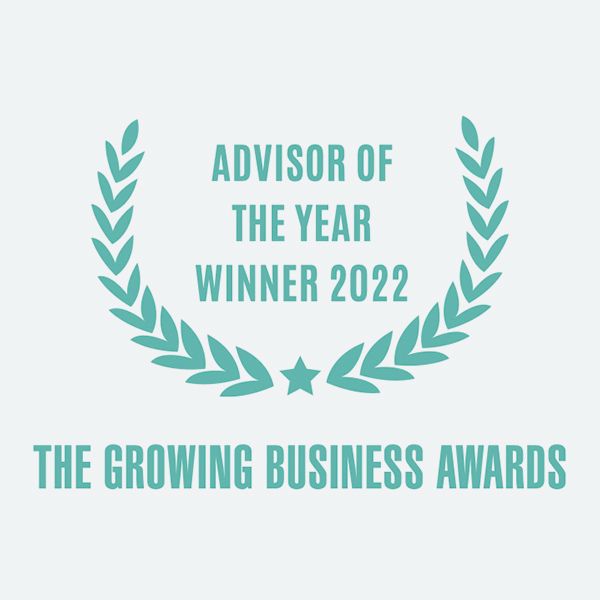

Top Five Tips for surviving the startup ecosystem
7th May 2019

Author
Mia Bennet, Founder, Zink VC (via Consilience Ventures)
Consilience Ventures are an exclusive community of top-tier business experts, start-ups and experienced investors with a mission to provide world-class acceleration, exciting new commercial opportunities and high investment returns.
I think we can all agree that the ecosystem for a start-up CEO or Founder can be a pretty daunting place and I have benefited from working both sides of the fence, having been a serial entrepreneur and through to leading an accelerator program while being the Entrepreneur in Residence at Citi Ventures I have seen the good the bad and the Advisory!
I was delighted to be asked recently to share my experiences at a co-hosted event with Consilience Ventures and Microsoft for Startups who are quickly building a diverse community of start-ups, top-tier experts and investors.
During my talk, I guided the audience through my best practice approach to navigating the start-up eco-system because in my experience it is a relative minefield of challenges that include some unspoken rules they don’t teach you in school:
1. Everything Starts with the “why”?
To many early-stage founders make the mistake of going back to basics and addressing the fundamentals of your business. Who is the customer, what are their pain points and how does your brand’s solution address the problem?
2. Ask the tough questions?
I would say here revert to my back to basics approach but take for example your route to commercialisation: is it clear, are their blockers that impact your supply chain and have you asked the tough questions that allow your business to overcome both strategic and operational challenges. By getting your team and customers to answer the tougher questions this can really move core business processes forward.
3. How does the team in the middle work?
As a CEO look at your internal team, have a clear picture of your org chart and all the rock stars you have in there. In most start-up instances you will have team members growth hacking and wearing multiple hats to get the tactical jobs done. Ask yourself the question do you really know their true skill sets and if not map these out with them either in a personal development session or as a stand-alone exercise. But knowing their start-up superpower can mean you have a hidden well-connected door opener sitting in your sales team that you had not used to their maximum potential.
4. Be aware of advisors
The start-up ecosystem is full of people declaring themselves as advisors, mentors and experts. Today, everyone is a start-up advisor, and as a founder, it is easy to get lost in all those opportunities. I would recommend you to always vet, take recommendations or seek referrals to select a skilled advisor right for your business. Your advice should also be taken, based on your current stage because a scale-up won’t have the same challenges than a pre-seed or Series A start-up will have. Reaching for advice is an important business decision and paying the right person to do the job that you want to do is the beginning of your next step as a growing start-up.
5. It’s a numbers game
As a CEO, we all had to manage pitches and presenting financial projections at some point. Following my experience as a VC, I heard a lot of great ideas that were interesting in many ways, but unfortunately, we always have to choose opportunities and most of the time, we only can participate in one or two ventures out of ten. This is an unspoken rule in the investment sector that you may not know, and therefore make sure to make your brand really shine but cover off the basics that they will expect to see.
Keep up to date with what we’re up to via email






Copyright ©Robot Mascot Ltd. All rights reserved.





